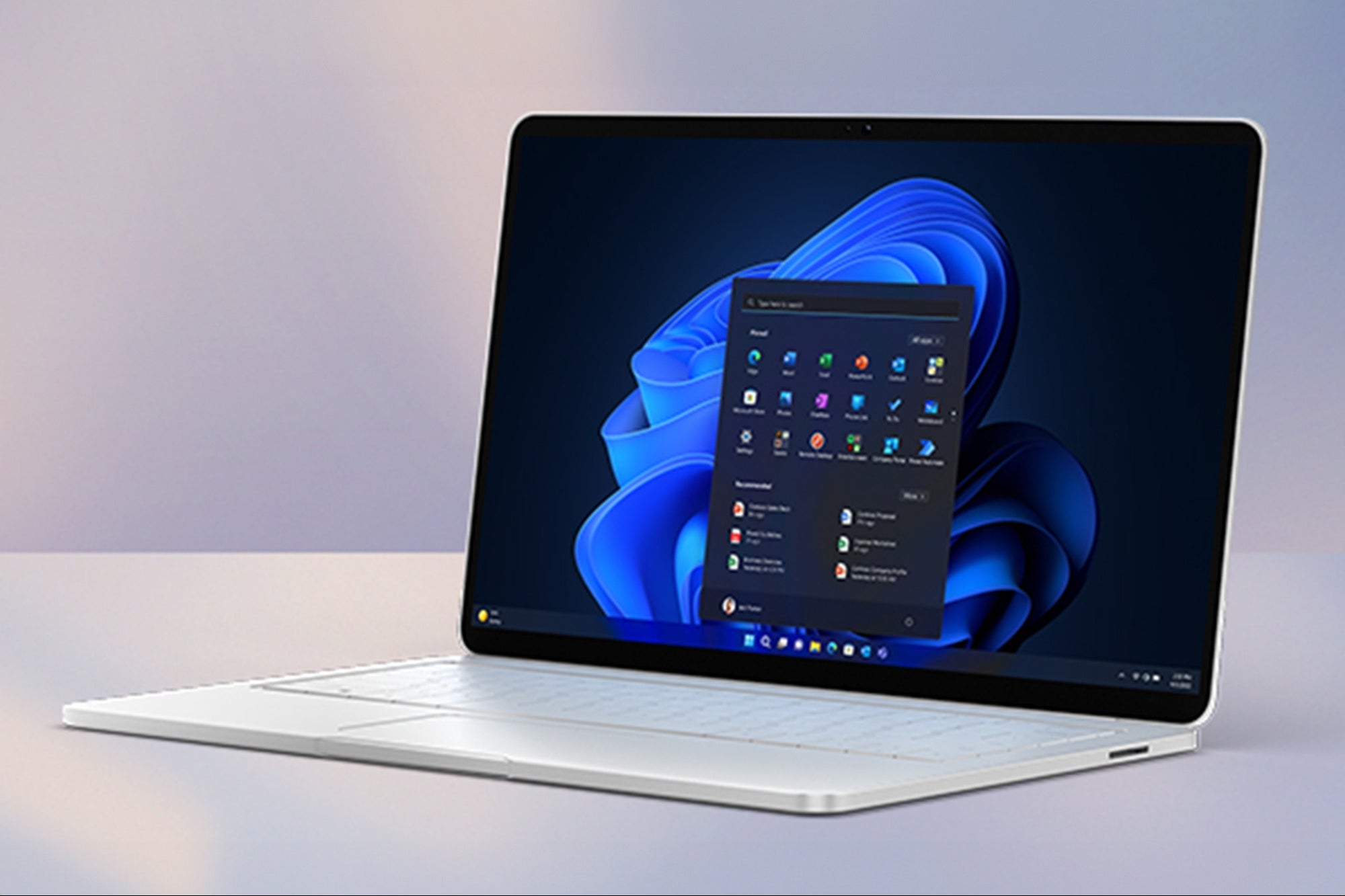I've Scaled Premium Brands Before — Here's How to Grow Without Compromising Quality Scaling challenges lie in balancing the delivery of personalized, high-touch service with the demands of expanding operational capabilities across a growing business.
By Brad Olson Edited by Micah Zimmerman
Key Takeaways
- Scaling a premium service means protecting personalization and trust, not just chasing growth or broader market reach.
- Systematize operations without dehumanizing the experience — scalable training and tech should reinforce, not replace, brand identity.
- Define and measure what “premium” means for your brand to ensure quality and culture survive expansion.
Opinions expressed by Entrepreneur contributors are their own.
Bigger isn't always better. When scaling a service business, don't make the mistake of focusing on growth for growth's sake, overlooking the personalization, efficiency and trust that today's consumers are looking for — especially in healthcare, wellness and hospitality.
Quality isn't the only thing that relentless expansion could cost your business: it can also dilute brand identity and erode company culture, ultimately undermining the growth you sought in the first place.
As the CEO of Sollis Health, an immediate care medical membership, my deep background in service-based brands has taught me how to efficiently scale a premium business without sacrificing the customer experience. Act strategically, and you can both avoid these common pitfalls and maintain high-touch service as your business grows.
Related: Here's How Scaling a Business Really Works
Conquer the paradox of premium growth
Continuing to exceed your customers' expectations as you grow means boosting efficiency — but how do you streamline effectively without damaging your brand in the process? Operational growth should never come at the expense of the customer experience.
With creative problem-solving, it doesn't have to, as I've learned in scaling service-based brands at Starwood Hotels & Resorts, Peloton and now Sollis Health. For example, when Sollis's Upper East Side Flagship center was starting to hit its stride, we opened a second clinic just a few blocks away to ensure that our member experience wasn't compromised by a lack of physicians or waits for care.
A "growth-at-all-costs" mindset would have prioritized opening a new center farther away, which would have expanded our reach but negatively impacted the members served by our Flagship. By prioritizing the experience of our Upper East Side members, we were able to successfully grow the market and maintain our industry-leading retention and member satisfaction.
Don't dehumanize — systematize
When it comes to premium services, customers need to feel that personal touch — your brand, in other words. Protect its integrity as you scale, or run the risk of losing the very thing that keeps your customers feeling connected, staying engaged and justifying their investment.
So how do you prioritize personalization as you grow? Invest in scalable training and tech from the get-go, with established KPIs to keep you honest and make sure the brand isn't getting lost in the shuffle.
When I was SVP of Member Experience at Peloton, one of the early wins in driving personalization was prompting instructors to "shout out" the birthdays and milestone workouts of members as they were riding live. Hearing their instructor at the New York studio wishing them a happy birthday at their home in Oregon truly delighted them and cultivated lasting emotional loyalty to the brand.
But as our membership grew, it just wasn't feasible to scale shout-outs, too — at some point, the entire class would become a shout-out! Instead, our amazing Product team developed a "high-five" touchscreen functionality so members could encourage and celebrate one another during any workout, whether live or on-demand.
Related: The Most Successful Founders Take Retreats — Here's Why You Should, Too
Align on what "premium" means for the brand
When it comes to branding, internal alignment must come first — because if you can't agree on what "premium" means, expensive and time-consuming disagreements on service offerings, expansions and other deployments are likely waiting for you down the road.
To get ahead of this problem, start by codifying your service philosophy. What sets your brand apart in terms of the customer experience? Which of these elements are non-negotiable as you grow? Which might be challenged by expansion — and what's your plan for mitigating these challenges? Ultimately, whatever makes your service premium should be so embedded in your brand's DNA that it gets emphasized, not lost, as you scale.
In a healthcare system that makes everyone feel like a number (patients and doctors alike), Sollis engineers exceptional care by bending that system to our members' needs: we're not reinventing medicine, we're reimagining the delivery. While our beautiful private centers, elite clinicians and thoughtful amenities elevate urgent and emergency care — which is usually a confusing, uncomfortable experience — what makes Sollis premium is our unique ability to provide exceptional care immediately.
With this service philosophy as our guiding star since 2016, we've been able to open new centers, expand our medical capabilities and launch new membership offerings without sacrificing what sets us apart.
Measure what actually matters
Traditional KPIs play a crucial role in scaling, but profit margins and ROIs don't tell the whole story. Premium service quality is incredibly nuanced, which is why "soft" stats — like the "soft" skills mentioned earlier — are important, and yet so often overlooked. With experience playing such a big role in a premium service, tracking customer satisfaction, interaction sentiment, membership renewals and family/friend referrals will help you identify wins and areas for improvement that you may not notice otherwise.
I'm a big fan of the Net Promoter Score (NPS), given its power to predict likelihood to renew, spend and refer. That said, a low NPS often comes too late to take action. So I like to supplement NPS with key leading indicators.
At Peloton and Sollis alike, utilization is the single biggest predictor of retention and renewal, so we track this vital data to ensure that we're doing everything we can to deliver on our promise to our members, whether that's making the ultimate fitness experience more accessible, affordable and efficient, or providing exceptional care immediately — no matter what.
Related: How to Future-Proof Your Business and Design Processes That Survive You, AI and Everything Else
Don't let size be the enemy of quality
It's never a bad time to deepen your understanding of what it means to scale. Scaling a premium service isn't just about increasing your size: it's also about protecting your original vision, the DNA of your brand, as you evolve and grow.
"What will we never compromise on, no matter how much we grow?"
When you already know the answer to this question, keeping the customer at the center of every growth opportunity is a given with every move you make.










